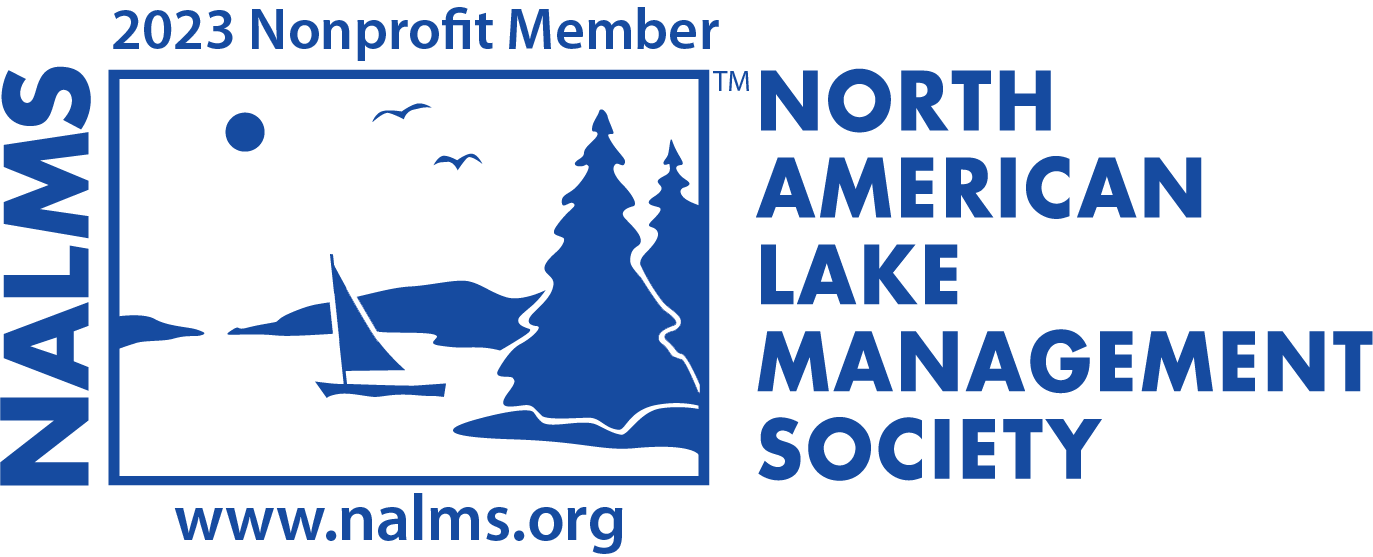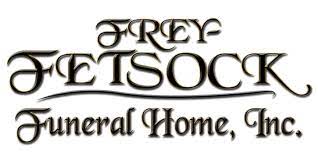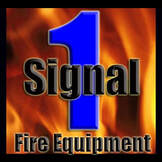HELPING INJURED WILDLIFE
GENERAL RULES
- THE FIRST RULE WHEN COMING UPON AN INJURED OR SICK ANIMAL IS TO NOT ENDANGER YOURSELF. Always assume a mammal could have rabies. Animals can also carry other diseases to which humans are susceptible. Any wild creature will be very scared in your presence. Its instinct is to escape or defend itself. Be calm and very careful around wildlife.
- DO NOT MEDDLE UNLESS YOU ARE WILLING AND ABLE TO GET THE CREATURE TO PROPER CARE. Make sure the animal is truly orphaned or needs help before you intervene. It is not legal to have a live or dead wild creature in your possession, unless you have the proper permits or are in the process of getting the creature to proper care. Only attempt to help if you can contact a properly licensed wildlife rehabilitator promptly. (Find a rehabilitator near you: pawr.com)
FAWNS
Fawns are left by their mothers for long periods of time. This is normal. STAY AWAY. Do not call a rehabilitator unless the fawn is injured or under obvious stress.
BIRDS
- Baby birds fall or are frequently crowded out of the nest. If a baby bird is naked or fuzzy and seems unhurt, try to return it to the nest. Don’t worry…your scent will not have an impact.
- Babies with almost all their feathers should be left alone unless injured or near a hazard. Their parents are probably caring for them.
- Place injured or orphaned birds in a dark, quiet, warm spot (70 to 80 degrees) away from children and pets. A cardboard box with small air holes and a soft cloth lining will do fine.
- NEVER PUT WILD BIRDS IN WIRE CAGES. The wire could cause further injury.
- Do not attempt to treat the bird yourself. Do not try to give it food or water. Contact a rehabilitator.
- Raptors (hawks, eagles, owls) have extremely strong and sharp feet or talons. AVOID THE FEET! Wear heavy gloves if you must handle one. A shovel might be used to scoop up the bird and put it into a secure box, or you might cover the bird with a blanket which will calm the bird, and then gather it up, always aware of the talons.
- We urge cat owners to keep their cats indoors. Cats kill billions of birds annually. Indoor cats live longer, do not pick up parasites from prey, and don’t bring in ticks and fleas from outside.
TURTLES
- If you see a turtle crossing the road, help it get where it is going. Always place it on the side of the road in the direction in which it was headed, never on the side it was coming from. Never lift it by the end of the tail as this will injure the animal.
- Snapping turtles can be aggressive and have jaws that can break a broomstick. Their long necks can reach almost to the back of their shells. You might be able to herd them, or if you have something they can snap at with their jaws (like a piece of cardboard), you might drag them head first out of harm’s way.
- If a turtle is injured, transport it to a wildlife rehabilitator in a dark container with a clean moistened towel. If you find shell fragments, collect them, too. Many can recover, even from rather devastating injuries. Don’t attempt first aid yourself. Always wash your hands after handling turtles, as they can transmit salmonella.




































